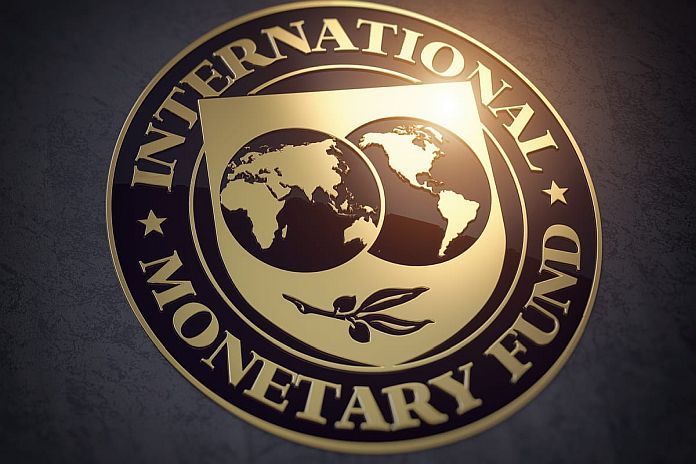USA / ANTIGUA – An International Monetary Fund (IMF) team, led by Emine Boz, visited Antigua and Barbuda during June 19–23, 2023 and met government officials and other counterparts to discuss recent economic developments, economic outlook, and policy priorities.
At the conclusion of the visit, Boz issued the following statement:
Economic activity is on a solid recovery path after a sharp decline during the pandemic
Growth is projected at 7.8 and 5.5 percent for 2022 and 2023, respectively, on the back of robust tourism and construction activity. The number of stayover tourists bounced back, reaching 98 percent of pre-pandemic levels during the first four months of 2023, with arrivals from the US and UK taking the lead. Accordingly, real GDP is expected to recover to its pre-pandemic level this year. After peaking at 9.2 percent at end-2022, inflation has since receded to 4.6 percent (year-on-year) by March 2023, partly driven by a decline in fuel prices.
The government’s efforts to boost revenues are helped by strong growth but the fiscal situation remains challenging with elevated debt and high financing needs
Preliminary budget outturn suggests a primary deficit of 1.4 percent of GDP for 2022. The deficit was smaller than that in 2021, but higher than projected by the authorities and the IMF staff in the 2022 Article IV Staff Report. Public debt-to-GDP is estimated to have declined to 87 percent by end-2022 from 97 percent at end-2021 on the back of strong nominal GDP growth. Authorities should continue their efforts to streamline tax exemptions, strengthen tax compliance and administration, and improve public spending efficiency.
There are ongoing initiatives to enhance coordination across different social transfer programs and digitize information; these should be accompanied by efforts to broaden coverage and improve targeting and monitoring of the social safety net. In addition, the authorities should work with domestic and external creditors to clear existing arrears and avoid the accumulation of new arrears. Strong economic recovery combined with global food and fuel prices down from their highs last year, provides a window of opportunity to put public finances on a sustainable footing, while protecting the vulnerable.
The financial sector is stable and liquid, with non-performing loans declining gradually
Bank credit to the private sector remains subdued, especially in relation to the growth in economic activity, reflecting a number ofeveral factors including a wait-and-see approach taken by potential borrowers and economic uncertainty. Authorities should monitor the credit growth of credit unions and further strengthen supervision and regulation of the credit union sector. The nonperforming loan ratios of commercial banks and credit unions modestly exceed the prudential level of 5 percent. Authorities should maintain strong loan loss provisioning, which is currently above the ECCB’s prudential level of 60 percent for both banks and credit unions.
The country faces increasing challenges from natural disasters and has a need to upskill workers
Authorities should continue resilience building efforts, creating sufficient buffers against natural disasters. Transition to renewable energy is essential for reducing reliance on fossil fuels and lowering energy costs and should be accelerated. The labor market recovery from the pandemic may not raise incomes of all, especially of vulnerable workers, and the efforts to upskill workers are critical for further reducing unemployment and facilitating mobility across sectors.
Authorities should continue to make progress in addressing data gaps, including the calculation of the rental component of the consumer price index and improvements in the compilation of national accounts data, which are essential to facilitate evidence-based policymaking.
The mission team thanks the authorities and other counterparts for their collaboration and support, as well as for valuable discussions.
IMF Communications Department





